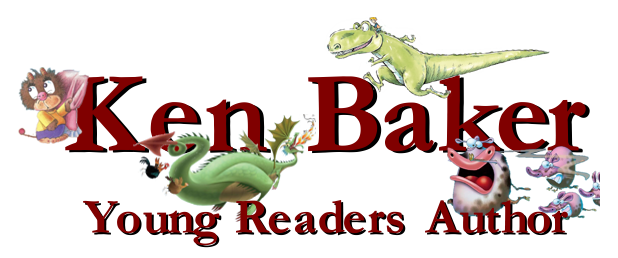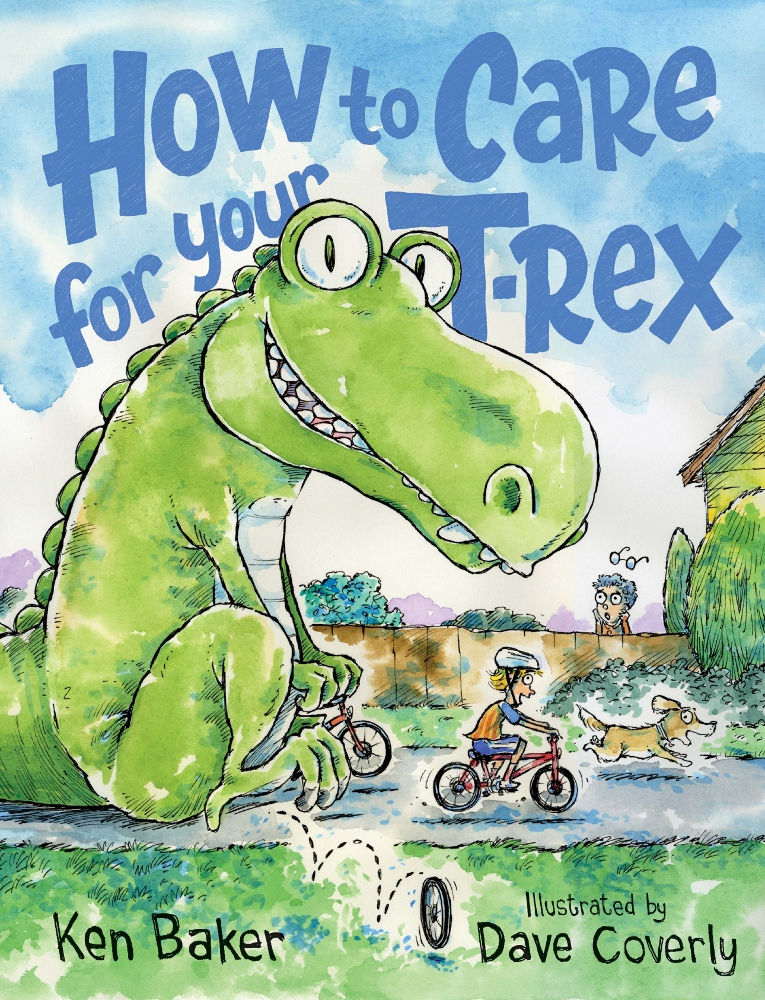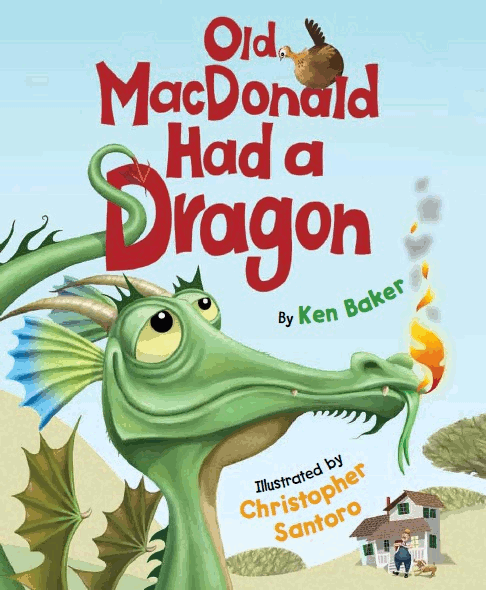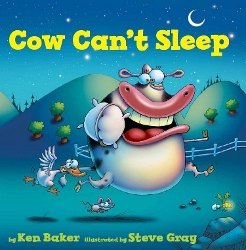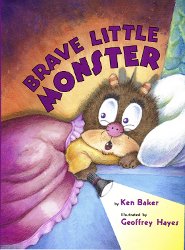`
Worth and Soul of Words, February 2025 newsletter by Ken Baker, author for young readers
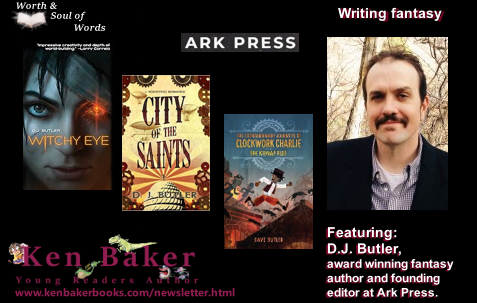
Have you ever heard the term speculative fiction and wondered what it meant? According to Oxford Languages, speculative fiction is a genre of fiction that encompasses works in which the setting is other than the real world, involving supernatural, futuristic, or other imagined elements. So, speculative fiction is basically an umbrella genre of multiple sub‐genres, which includes fantasy, science fiction, science fantasy, horror, thrillers, westerns, supernatural, superhero, dystopian, utopian, alternate history, apocalyptic, post‐apocalyptic, and more.
So, if you're a reader, even if you weren't aware of the term speculative fiction, you're likely a speculative fiction reader, since speculative fiction is one of the most‐read book genres, if not the most‐read. According to ISBNdb, six of the 10 most popular book genres are considered speculative fiction.


Shout out!
I recently had the opportunity to talk with D.J. Butler, best known for his many award‐winning works of speculative fiction, about his new venture as a co‐founder of the recent speculative fiction publishing house, Ark Press. Here are some highlights from that conversation.
Me: Dave, before becoming a novelist, you were a lawyer. Tell me a little bit about why you transitioned from being a lawyer to a novelist.
You guys ought to publish my stuff.And they did. As a result, I ended up traveling with the owner to different cons. Then, when WordFire needed an acquisitions editor, I said,
Look, I'll do it.And that was my foot in the door on editing.
Man, that guy was a weirdo, he dressed funny, he looked like a troll, but he wrote some books that really made a difference to me, that helped me at some moment in my life or showed me something I hadn't noticed that mattered.
Book business and life ‐
This month I 'll be a panelist at the fantasy and science fiction convention, Life the Universe, and Everything (LTUE), in Provo, Utah. When I first started writing, this conference gave me a lot of insights and information on how to become a writer.
For anyone considering becoming a writer of speculative fiction, I highly recommend LTUE. You can find out more about it at LTUE.net.
Additionally, if you want to meet D.J. Buter in person, as well as other editors from Ark Press, they will be at LTUE and talking more about their plans as a speculative fiction publisher.

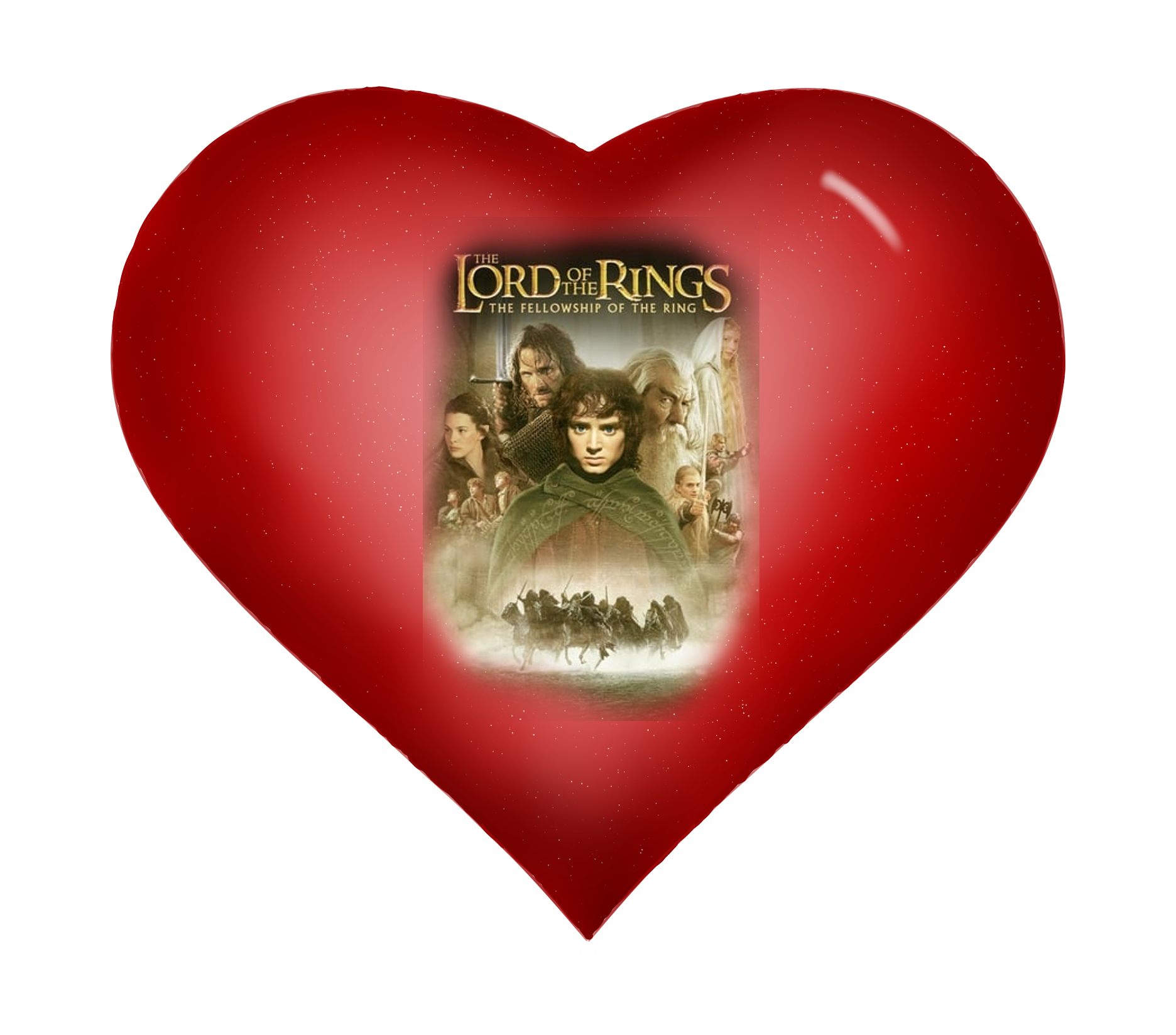 Heart image by Ken Baker
Heart image by Ken Baker
What I love
If you want to check out some of the speculative fiction that I've authored, visit patreon.com/kjbaker, reamstories.com/kjbaker, kj961.substack.com/p/heavens-warrior, and fictionate.me/books/AA37AF12-085B-480A-94EA-8AB36FD56CDA.
Missed November's newsletter? Check it out!
 Thank You image by Ken Baker
Thank You image by Ken Baker
1. Tyler Hilgeman, Top Ten Most Popular Fiction Genres,
ISBNdb Book Data, October 10, 2024
Stay up-to-date with me each month and get insights into a world of different topics from industry experts. Subscribe now!
Copyright 2001-2023 by Ken Baker
How to Care for your T-Rex pictures by Dave Coverly
Old MacDonald had a Dragon pictures by Christopher Santoro
Brave Little Monster pictures by Geoffrey Hayes
Cow Can't Sleep pictures by Steve Gray
